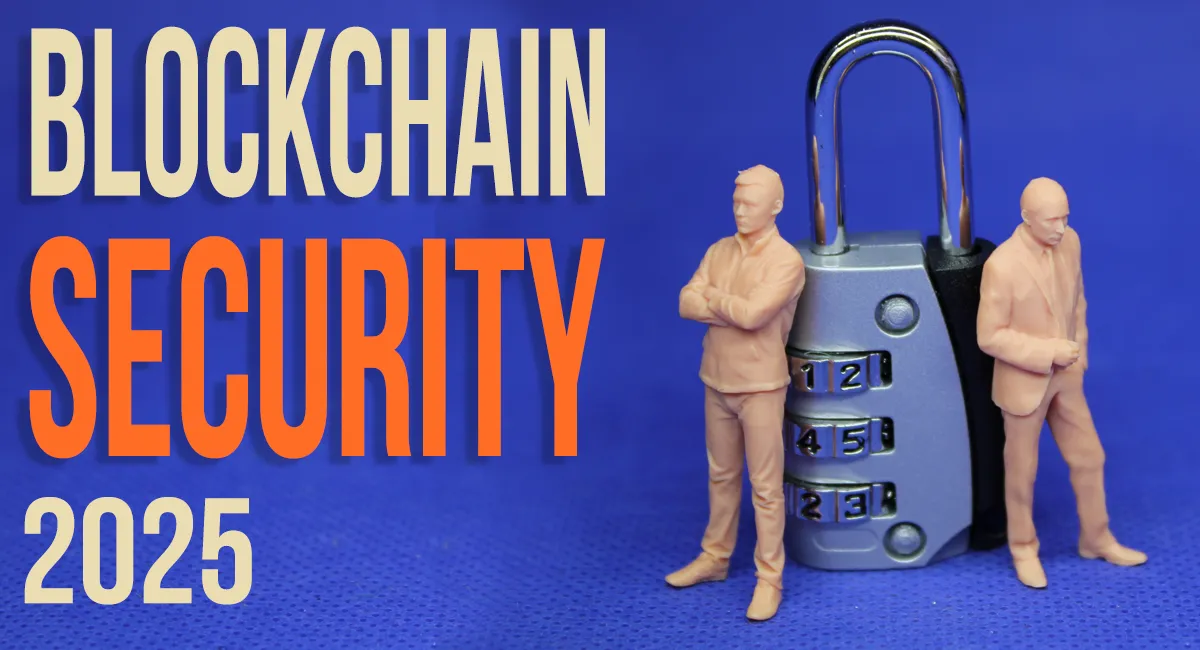What Consumers Need to Know about the role of Blockchains and how it enhances online security.
Introduction
In a world where online transactions and data exchanges are becoming increasingly prevalent, the importance of robust online security cannot be overstated. One of the most promising technologies to enhance online security is blockchain security. This decentralized ledger technology has the potential to not only protect sensitive data but also transform how consumers interact with digital platforms.
This article delves into how blockchain enhances online security, ensuring data integrity, privacy, and security for consumers. By understanding the fundamental principles of blockchain and its applications, consumers can make informed decisions about their online interactions.
Table of Contents
Understanding Decentralization Benefits
What is Decentralization?
Decentralization refers to the distribution of authority, control, or decision-making away from a central authority. In the context of blockchain, this means that data is not stored on a single server or controlled by a single entity. Instead, it is shared across a network of computers (nodes), which collectively maintain the integrity of the data. This structure dramatically improves security, as there is no single point of failure that can be exploited by malicious actors.
How Decentralization Enhances Security
Decentralization enhances security in several ways. Firstly, it makes it exceedingly difficult for hackers to alter the system since they would need to gain control over more than 50% of the network. This is known as the 51% attack, and executing such an attack is highly impractical for large-scale blockchain networks. Secondly, the transparency of blockchain means that all transactions are recorded and can be validated by any participant in the network, adding another layer of security.
Real-World Examples of Decentralization
Several real-world applications exemplify the benefits of decentralization. For instance, Bitcoin operates on a decentralized network, allowing users to transact without the need for intermediaries. Similarly, Ethereum’s blockchain provides a decentralized platform for executing smart contracts. These examples illustrate how decentralization not only enhances security but also promotes trust among users.
Enhanced Data Integrity
Definition of Data Integrity in Blockchain
Data integrity refers to the accuracy and consistency of data over its lifecycle. In blockchain technology, data integrity is ensured through cryptographic hashing, which creates a unique digital fingerprint for each piece of data or transaction. Once data is recorded on the blockchain, it becomes virtually immutable, meaning it cannot be altered without the consensus of the network.
How Blockchain Ensures Data Accuracy
Blockchain ensures data accuracy by utilizing consensus mechanisms, such as Proof of Work or Proof of Stake. These mechanisms require participants to validate transactions before they are added to the blockchain, ensuring that only legitimate data is recorded. Moreover, each block in the blockchain is linked to the previous block, creating a chronological chain of data that is easily auditable, further enhancing data integrity.
Case Studies Demonstrating Data Integrity
Real-world case studies highlight the effectiveness of blockchain in maintaining data integrity. For example, the healthcare sector has started using blockchain to store patient records securely. By ensuring that patient data cannot be tampered with, healthcare providers can trust the information they receive, thereby improving patient care and collaboration among practitioners. Similarly, supply chain management has benefited from blockchain by tracking the provenance of goods, ensuring authenticity and compliance.
Smart Contracts for Security
What are Smart Contracts?
Smart contracts are self-executing contracts with the terms of the agreement directly written into code. They operate on blockchain technology, which ensures that once the conditions are met, the contract is executed automatically without the need for intermediaries. This reduces the chances of fraud and enhances security.
How Smart Contracts Enhance Security
Smart contracts enhance security by eliminating the need for trust in third parties. Since the execution of the contract is reliant solely on the underlying code and the blockchain network, the risk of manipulation is significantly reduced. Additionally, since these contracts are immutable, once deployed, their terms cannot be changed, providing further assurance that all parties will adhere to the agreed-upon conditions.
Practical Applications of Smart Contracts
Smart contracts have found applications across various industries. In the financial sector, they are used to automate transactions, reducing costs and errors. For example, automatic escrow services can be set up, where funds are released only when predefined conditions are met. In real estate, smart contracts can streamline property transactions, ensuring that all necessary legal documentation is executed efficiently and securely.
Conclusion
Summary of Key Points
Blockchain security technology offers a robust framework for enhancing online security. Its decentralized nature minimizes the risk of centralized failures, while its intrinsic data integrity mechanisms ensure the accuracy and trustworthiness of information. Additionally, smart contracts provide an innovative way to automate and secure transactions, eliminating reliance on third parties.
Final Thoughts on Blockchain Security and Consumer Security
As consumers become increasingly aware of the importance of online security, understanding the role of blockchain technology becomes essential. By leveraging its benefits, consumers can engage in safer online interactions and transactions. The ongoing advancements in blockchain technology promise to reshape how we think about security in the digital age.
Additional Resources
Learn more about Blockchains and the technology behind it by reading more, click below to see other posts about blockchains.

Blockchain Explained 101: Unlocking the Future of Blockchain Technology
What Is Blockchain Technology? A blockchain is “a distributed database that maintains a continuously growing list of ordered records, called blocks
Recommended Reading
- Introduction to Blockchain Technology
- Understanding Smart Contracts
- Data Integrity in Blockchain Systems
Useful Tools and Platforms
- Ethereum – A decentralized platform for building smart contracts.
- Hyperledger – An open-source collaborative effort to advance cross-industry blockchain technologies.
- Coinbase – A secure platform for buying, selling, and managing digital currency.
If you have further interest in Blockchain security and the technology behind it please comment below topics you would like to know about.


Leave a Reply to Sign up here Cancel reply